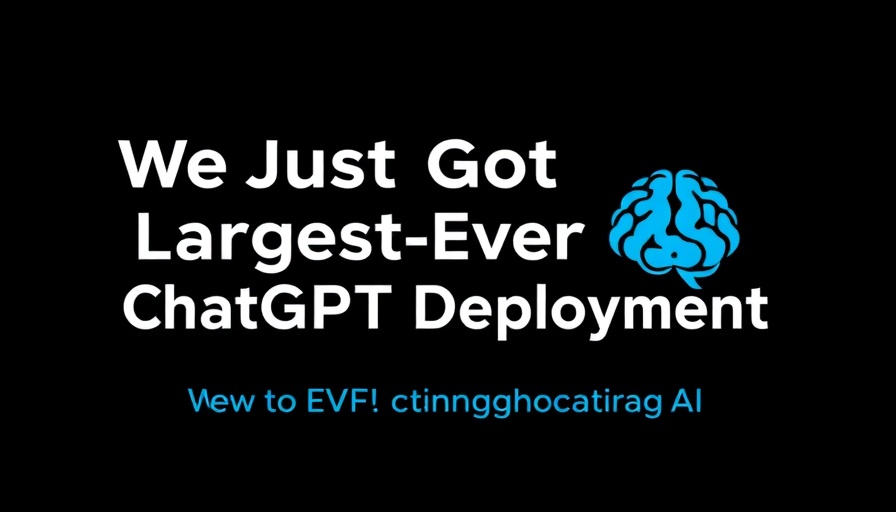
The Dawn of AI-Powered Education
In a groundbreaking move that could redefine the landscape of higher education, California State University (CSU) is rolling out ChatGPT Edu across its 23 campuses, marking the most significant deployment of AI technology in an academic setting to date. Expected to benefit over 460,000 students and 63,000 staff, this initiative positions CSU as the first fully AI-powered university system in the United States.
ChatGPT Edu: Revolutionizing Educational Engagement
OpenAI's partnership with CSU enables the institution to leverage ChatGPT Edu, a unique version of ChatGPT specifically tailored for educational purposes. Educators will utilize this technology for curriculum development, while students can access personalized tutoring and tailored study guides. Additionally, CSU is committed to creating a robust AI ecosystem, offering free training programs and certifications, and facilitating apprenticeship opportunities in AI-driven sectors.
Transformative Impacts on Learning
Preliminary studies highlight exciting developments: a Harvard report indicated that AI-enhanced tutoring has the potential to double student engagement and significantly boost problem-solving skills. Furthermore, data from Microsoft reveals that individuals proficient in AI are 70% more likely to secure employment. CSU’s approach aims to go beyond merely providing technology; it aspires to revolutionize how students and faculty engage with learning tools.
Addressing Challenges and Resistance
However, CSU's ambitious AI integration is not without its hurdles. Resistance from some faculty members remains a significant concern, as many professors view AI tools like ChatGPT as potential avenues for cheating rather than resources for academic enhancement. Marketing AI Institute's Paul Roetzer emphasizes the importance of structured support to facilitate this transition. Establishing centers of excellence for educators will be essential in sharing best practices and creating relevant use cases tailored to individual departments.
The Future of Higher Education: A Hybrid Ecosystem?
Despite these challenges, the CSU initiative may provide a blueprint for the future of higher education. If successful, it could inspire universities across the nation to embrace AI, crafting curricula that are more engaging and reflective of modern industry needs. Roetzer paints a vivid scenario: if parents were faced with choosing between a university that embraces AI innovation or one that views it as a threat, the decision could shift overwhelmingly in favor of the former.
Embracing Change: The Path Forward
The road to a fully AI-integrated educational system may be fraught with resistance, yet it also offers an opportunity for transformation. Understanding how to navigate the change management will be crucial, especially in an environment where traditional practices often dominate. The future of CSU—and potentially other universities—could hinge on how effectively they can embrace AI tools to foster an enriching learning environment.
 Add Row
Add Row  Add
Add 




Write A Comment